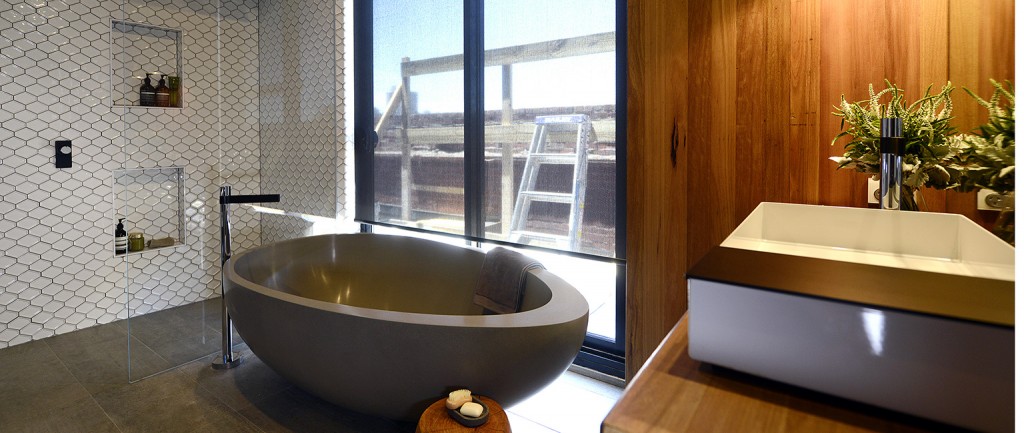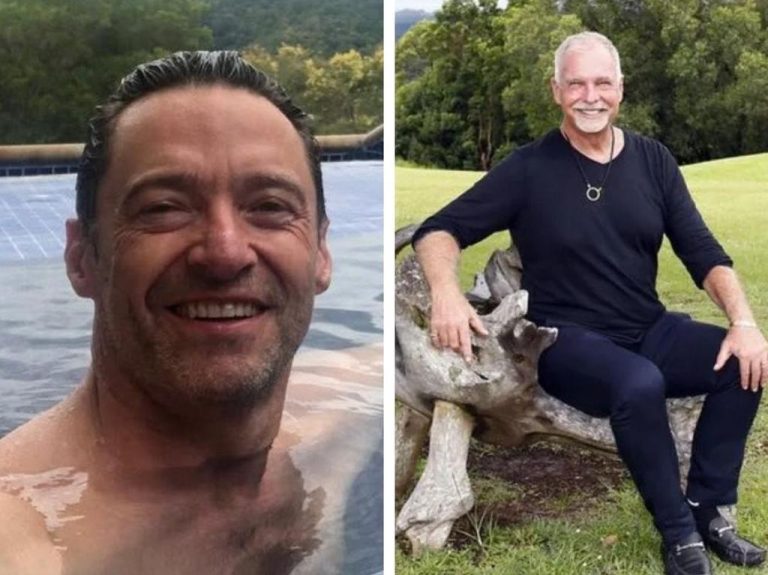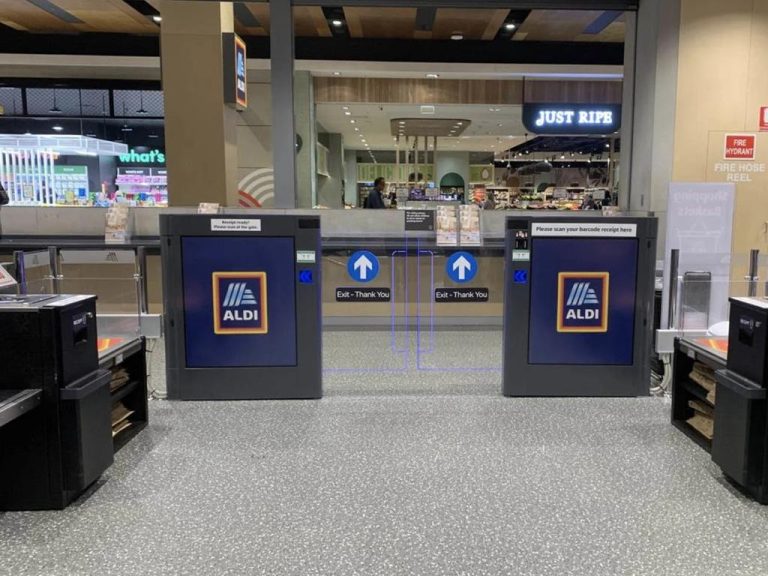The Block: top 5 tips for would-be developers

Contestants on the hit TV show The Block aren’t the only ones turning commercial properties into homes.
The commercial-to-residential trend is cropping up in cities across the nation, as developers make the most of low interest rates and strong housing markets.
With high vacancy rates for secondary office blocks, they are now being turned into apartments or even hotels.
Contestants on The Block 2014 are turning an historic cinema turned office block into four luxury homes in Melbourne’s Albert Park.

The outside of Dux House in Melbourne’s Albert Park, the home of The Block 2014.
It’s the second time The Block has tackled commercial property, and it looks like contestants will do so again in the next series.
Here The Block executive producer Julian Cress shares his top 5 tips for would-be commercial-to-residential developers.
1. Know what’s ahead
Cress says it’s important to recognize the magnitude of a commercial-to-residential project.
“It’s literally a clean slate,” he says. “You are starting from scratch. Most commercial properties don’t have the residential infrastructure in terms of gas and plumbing and those sorts of things.”
2. Do your due diligence
Before you buy the property, make sure you understand the relevant legislation, council rules and regulations and zoning.
Cress says things like Victoria’s Open Space Levy, set at 5% of the value of land for subdivision, could take people by surprise.
“Be aware of – and budget for – legislation that governs conversion to residential,” Cress says.
He also says to make sure local government zoning will allow conversion to residential.
“We do a lot of risk analysis before we purchase any property. We can’t take a chance that we spend many millions of dollars and then find out we can’t convert.”

Chantelle and Steve’s living room in The Block.
3. Look for precedents
Cress believes property development is no place for trailblazers.
He thoroughly checks an area to see whether similar developments have taken place, which could help expedite your own.
“Look very carefully at what has come before you in the neighbourhood,” he says.
“Pioneering is a very admirable trait in somebody heading to the South Pole but I don’t believe it’s the smartest thing to do in property development.”
4. Seek neighbourhood support
Having a good relationship with neighbours could help ensure you’re able to go ahead with your project.
“Personally, taking my producer had off and putting on my property developer hat … any development you do in any neighbourhood should be embraced by the neighbours,” Cress says. “For pure profit it is not worth p****ing off the people around you.”
5. Choose wisely
Cress suggests looking for property that is appealing and in a good location.
“We look for things that would be interesting to begin with and that we can maximize the benefits,” he says.
He says there are often light industrial areas close to CBDs, with interesting properties ideal for conversion.
He says South Melbourne – home to The Block’s last project – is a good example of this.
“There is an entire pocket of South Melbourne that is still light industrial that of course is going to be residential in the future,” he says.
Experts have identified five factors that make an office block right for apartments and here are some Block-related tips about actually renovating an apartment.







